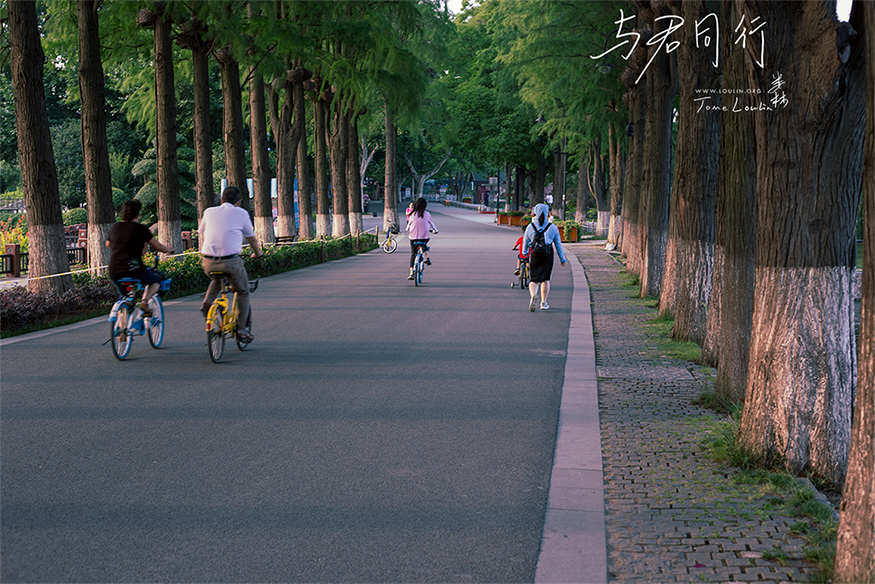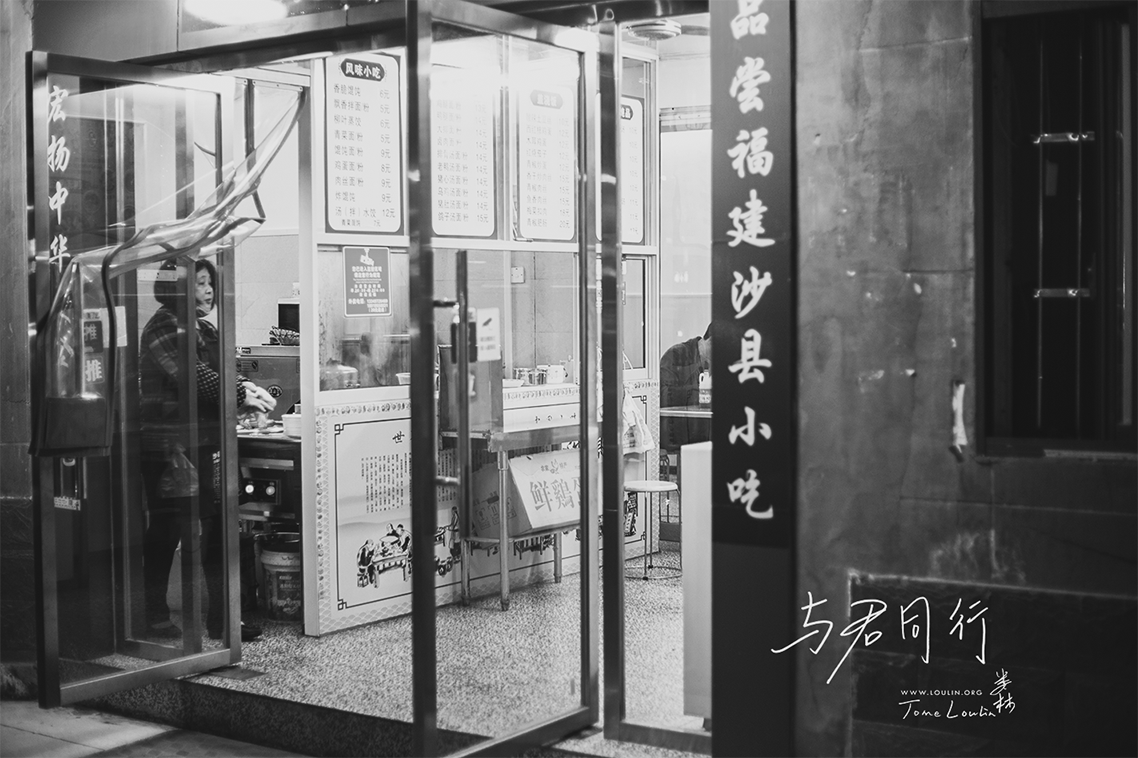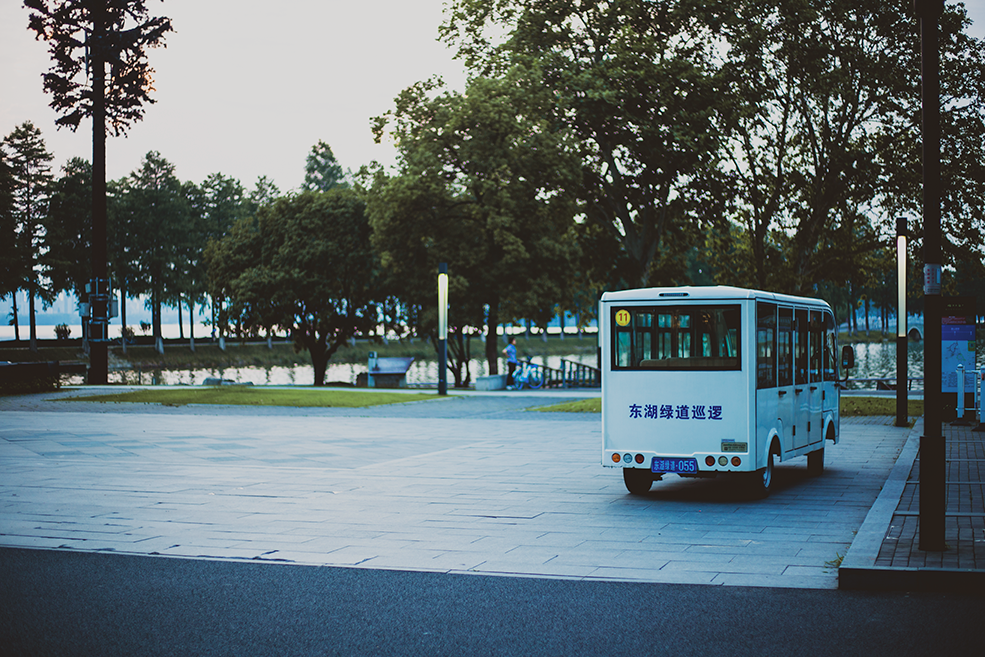‘Sunshine cleaning’, a movie I watched years ago, presented stories about different women who divorced and tried to restore their savaged lives back to normal with positive thinking and challenge taking traits, and its characters’ willingness to endure and change. For most of us, life may be seen as living with challenges that need to be overcome, and we manage and get through. At that point, every person may be seen as a sort of hero.
the weather, in the Northern Hemisphere is getting much warmer and the sun much brighter and shiner, so shine I feel enlightened, physically. Do you love summer time? Answers may vary but I thought, most people may not dislike sunny days. Sunshine is bright, clean, and loving, and also evokes positive feelings. Looking on the windowsill in my room, full of potted greenies and flowers, which are blossoming progressively like burning kindles. Glistening lights are basking in my room, making it finer and softer. I feel happier staying in sunlit room maybe because that gives people a warmer imagination for our future lives, and strength to overcome the hardships we face.
I’ve always remembered that summer my father took me a tour outside of a elementary school when I was six-year old. His belly bulged and he wore a dark-red T-shirt. Leading the way to that school, on the trail outside the school fence, he turned his face back, facing me, slightly smiled and raised his forearm pointing towards the front-door of the school, saying that he prepared to let me study at that school. I felt his pride while he talking, saw swarms of pupils playing on the playground, crazily, enchantingly. That was summer; the small path we walked outside the school was surrounded by walls of burning ivies and greens. That was an afternoon, the most clear and exhausting one in my memory. “Dad.” I remembered saying and he answered slowly, softly and gently. “That’s a good school.” He said.
After a fierce argument between my parents, my mother had temporarily taken me back to her hometown that year so I didn’t go to that school. Every September when the school year began, I remembered that walk with my father, his gentle tone with his will to enroll me to that school. I didn’t forget though he had never mention that again. But I know as long as summer continues to come I won’t forget that summer when he walked with me beside that school, with water-clean light.
After graduating from university, I had tenanted with one of my schoolmates, in an apartment near a lake in Guanggu, a newly constructed borough in the city of Wuhan. While in university, roommates were eager to find jobs to earn money. “Whatever the job is, I will do; and where there is a job, there is hope.” A roommate joked saying. But if one said he or she doesn’t want to find some work to do then, that won’t be true. They need money to go to restaurants, to buy extra outfits to increase their attractiveness and to show their power. Most of the students I encountered then wanted to work, to improve their living standards.
So hurry was I to find a work to do then that I was lost. I had met a friend, Bee who in his middle thirties, was working as freelance. In his age with an unstable working position, life was fragile and depending on luck. Though getting days by, he loved outings in mountainsides and thus invited me to go outside biking.
We decided to go to Jiangxia, a mountainous suburb in Wuhan, to have our afternoons pasted. We bought transit tickets and rented bikes to go into the forest in the mountain. There were trees and the sun shining sharply, making us sweating like mad. But he loved biking and often turned his face back to me encouraging me to compete with him on the mountain path on which we biked. There were raspberry bushes, whose twigs were full of thrones. Though unwashed, he picked those berries and ate happily, smiling to me. That was summer; there was sunlight. I knew life could be hard. He struggled to find a well-payed job to get him being able to stay in Wuhan. He said he had never thought about buying house in Wuhan, so expensive that he said he would never bother considering. “Do you know where can a person find a well payed job?” He had asked me. Struggling to make my ends meet, I said I didn’t know either. While sitting on the bench in the neighborhood where then I resided, I saw his face darkened, though that was a bright afternoon and the sun was near setting.
He said he always loved days we spent on biking together in Jiangxia’s mountainside because he felt he was alive by our energetic defiance towards money. Though we were both not living high-standardly, we felt happy and that was summer.
There is the light and it has come into my room.





